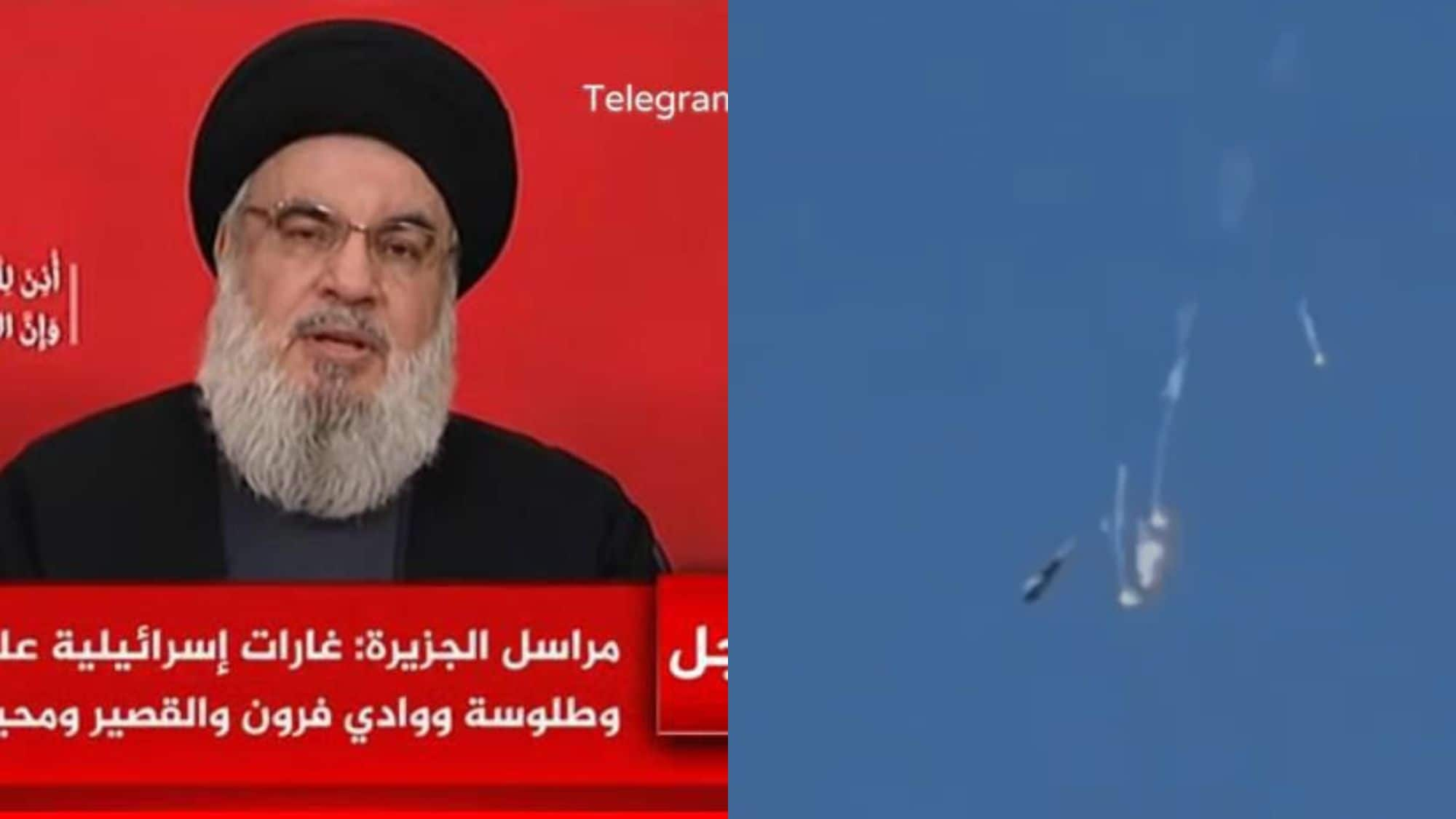Escalation of Hostilities: Israel Strikes Hezbollah Positions in Lebanon
In a significant escalation of regional tensions, Israel launched airstrikes targeting Hezbollah’s bases in Lebanon on Thursday. This military action coincided eerily with a speech by Hassan Nasrallah, the leader of Hezbollah, who was addressing both his supporters and the Lebanese populace at the time. Reports from Lebanese state media indicate that Israeli fighter jets unleashed a barrage of bombs over Beirut, amplifying fears of an impending conflict.
Nasrallah’s Response to the Attacks
During his speech, which followed a series of devastating blasts attributed to Israeli forces, Nasrallah declared that these attacks marked a critical point in escalating hostilities and should be construed as a declaration of war. He expressed profound outrage over the assaults, which left 37 people dead and nearly 3,000 injured, flooding local hospitals with casualties.
The Severity of the Situation
In a somber reflection on the gravity of the situation, Nasrallah described the recent military setbacks as the most significant in Hezbollah’s history, suggesting a transformative moment for the organization and for Lebanon itself. Filmed from a secure, undisclosed location and set against a stark red background, Nasrallah’s address emphasized the unprecedented nature of the attacks, stating, “This type of killing and targeting may well be unmatched globally.”
Condemnation of Israeli Actions
Nasrallah’s remarks underscored the moral transgressions he attributes to Israeli actions, stating, “These attacks have crossed all limits. The enemy has exceeded all control, laws, and ethical boundaries.” He further argued that such actions could be construed as war crimes or declarations of war, laying bare the intentions behind Israel’s military endeavors.
The Risk of Full-Scale War
As Nasrallah spoke, the sounds of Israeli fighter jets reverberated over Beirut, a grim reminder of the increasingly hostile environment. The frequency of such airstrikes has surged in recent months, raising the specter of a full-scale war that could engulf the region in further violence and instability. The dire state of healthcare in Lebanon, already strained by the influx of wounded, underscores the urgent need for de-escalation and dialogue.
Conclusion
The recent events mark a troubling chapter in the longstanding conflict between Israel and Hezbollah, highlighting the precarious balance of power in the region. As both sides prepare for potential further confrontations, the international community watches closely, hopeful for a resolution that can prevent the outbreak of a broader conflict.












